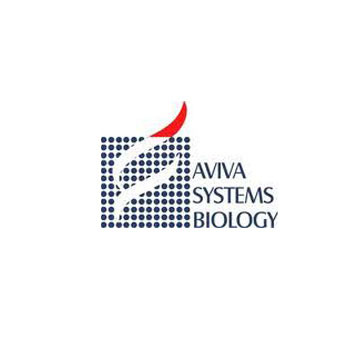L-Thyroxine (T4) or 3,5,3�,5�-tetraiodothyronine is the most commonly measured thyroid hormone for the research of thyroid function. T4 has its primary infuence on protein synthesis and oxygen consumption in virtually all tissues but it is also important for growth, development, and sexual maturation.
T4 is synthesized by the thyroid gland and is secreted into the bloodstream. Here the T4 becomes bound to serum proteins for transport to the cells. The major transport protein is Thyroxine Binding Globulin (TBG) which normally accounts for 80% of the bound T4. Other thyroid hormone binding proteins are Thyroxine Binding Prealbumin and Albumin. Most of the serum T4 is bound to these transport proteins leaving only about 0.03% free to exert its effect on cells. It is the free T4 (fT4) that represents the metabolically active fraction; for this reason the measurement of fT4 concentration is considered to be an indicator of thyroid status.
Primary hypothyroidism results in underproduction of T4 by the thyroid gland and consequently an abnormally low circulating fT4 concentration in the blood. Primary hyperthyroidism leads to excessive thyroid production on T4 and resulting elevated fT4 concentration.
Total serum T4 concentrations are dependent on the level of circulating TBG as well as the sample�s thyroid status. The concentration of TBG can be affected by certain drugs, steriod hormones, pregnancy, and by various nonthyroid illnesses. In an earlier generation of thyroid function tests, the effect of variable TBG concentration was dealt with by calculating a Free Thyroxine Index (FTI). This FTI is the product of Total T4 concentration and Thyroid Uptake (TU), which assesses the number of available binding sites on the TBG. This approach requires carrying out two separate assay determinations (total T4 and TU), but does provide a better indicator of thyroid status than total T4 alone.
fT4 tests are designed to directly reflect the equilibrium existing in serum between T4 and TGB-bound T4. These methods, including this fT4 test, can generally reflect thyroid status in a single assay.
Enzyme Immunoassay for the Quantitative Determination of Free Thyroxine (fT4) Concentration in Human Serum

 Products
Products  Free Thyroxine (fT4) enzyme immunoassay test kit (96 Wells)
Free Thyroxine (fT4) enzyme immunoassay test kit (96 Wells)
